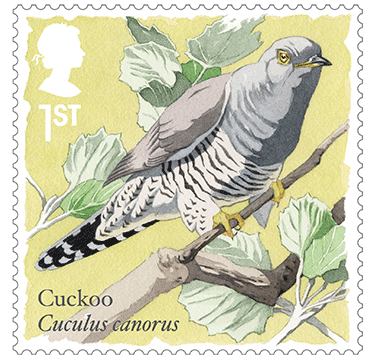It is the epitome of spring’s awakening but this year the sound of the cuckoo (Cuculus canorus) has become increasingly rare. The bird has declined by two thirds in twenty years. Reasons for its scarcity are unclear but one possibility is associated with its overwintering grounds in Africa. Another factor may be related to the cuckoo’s diet which consists of hairy caterpillars and the larvae of the garden tiger moth that has suffered a massive decline, along with moths in general. Pesticide spraying and grubbing out of hedgerows are probably to blame too. In 2016 it was estimated there were 13,000 to 26,000 pairs in Britain. Earlier this year it was reported how cuckoos will be given a helping hand after the National Trust outlined plans to create tens of thousands of acres of wildlife-friendly areas on its land. Habitats such as wetlands, lowland meadows, woodlands, hedgerows and field margins will be created or restored across a 10th of the trust’s 620,000 acres. The plans also aim to ensure half of all National Trust farmland is nature-friendly by 2025. The National Trust is working across England, Wales and Northern Ireland to protect species ranging from large blue butterflies to water voles, mountain hares, smooth snakes and bluebells on the land it owns or manages.
Source: Express, May 29, 2017
http://www.express.co.uk/news/nature/810632/Cuckoo-sound-bird-decline-r…

- Login om te reageren
